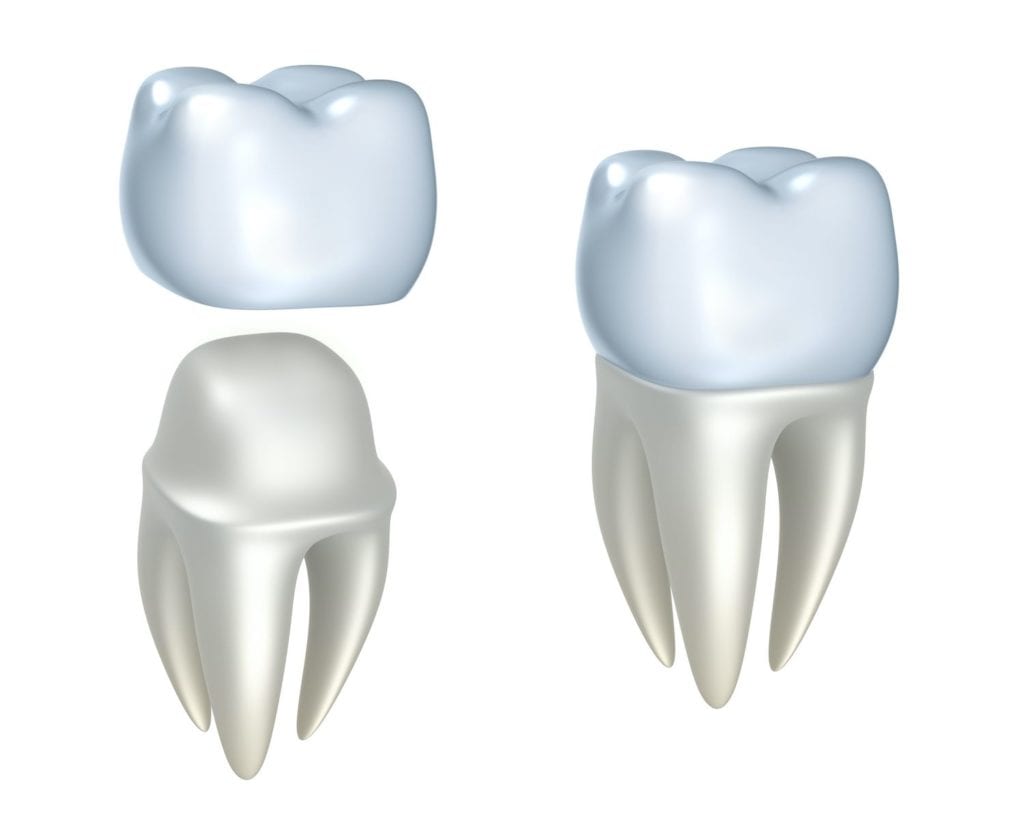If your teeth sustain damage, your dentist may recommend a dental crown to cover and shield your tooth. These ceramic caps secure over a vulnerable tooth, offering protection for up to fifteen years with excellent dental care.
This tool offers various uses, which is why dentists highly recommend it to their patients. Dr. Greg Reece, a dentist in Charlotte, NC, describes four benefits you can experience with restorative treatment from dental crowns.

Cover Weakened Enamel
The outer layer of your tooth, enamel, can deteriorate over time, sometimes for reasons outside a patient’s control. However, once enamel is gone, it cannot regenerate on its own.
A dental crown can replace weakened enamel and shield the underlying layer of dentin from external agents. Dentin contains nerves that send pain signals to the brain when stimulated, causing an uncomfortable sensation called tooth sensitivity.
Repair Broken Teeth
Teeth are durable, but abnormal pressure can cause teeth to chip, crack, or fracture. Minor amounts of damage may be amended with cosmetic dental treatment, but more severe harm will need to be treated with a crown.
Broken or misshapen teeth can make you dissatisfied with your smile’s appearance. However, they can also make it harder to keep your teeth clean and therefore increase the likelihood of dental harm occurring down the road.
Whiten Discolored Teeth
Dental crowns are constructed with the unique specifications of your teeth to create a natural smile restoration. You can talk to your dentist about your smile aesthetic goals to enhance your smile’s appearance with your crown.
Tooth discoloration can occur due to substances we consume or forces outside a patient’s control, including aging or medication side effects. If you notice staining, yellowing, or discoloration in your teeth, a dental crown may help.
Protect Teeth After Surgery
Certain oral procedures utilize dental crowns as part of their treatment. Dentists cover a tooth after root canal therapy to protect the tooth’s interior once they remove the pulp. Crowns can also be used as prosthetic teeth, forming the top of a dental implant above the gum line.
